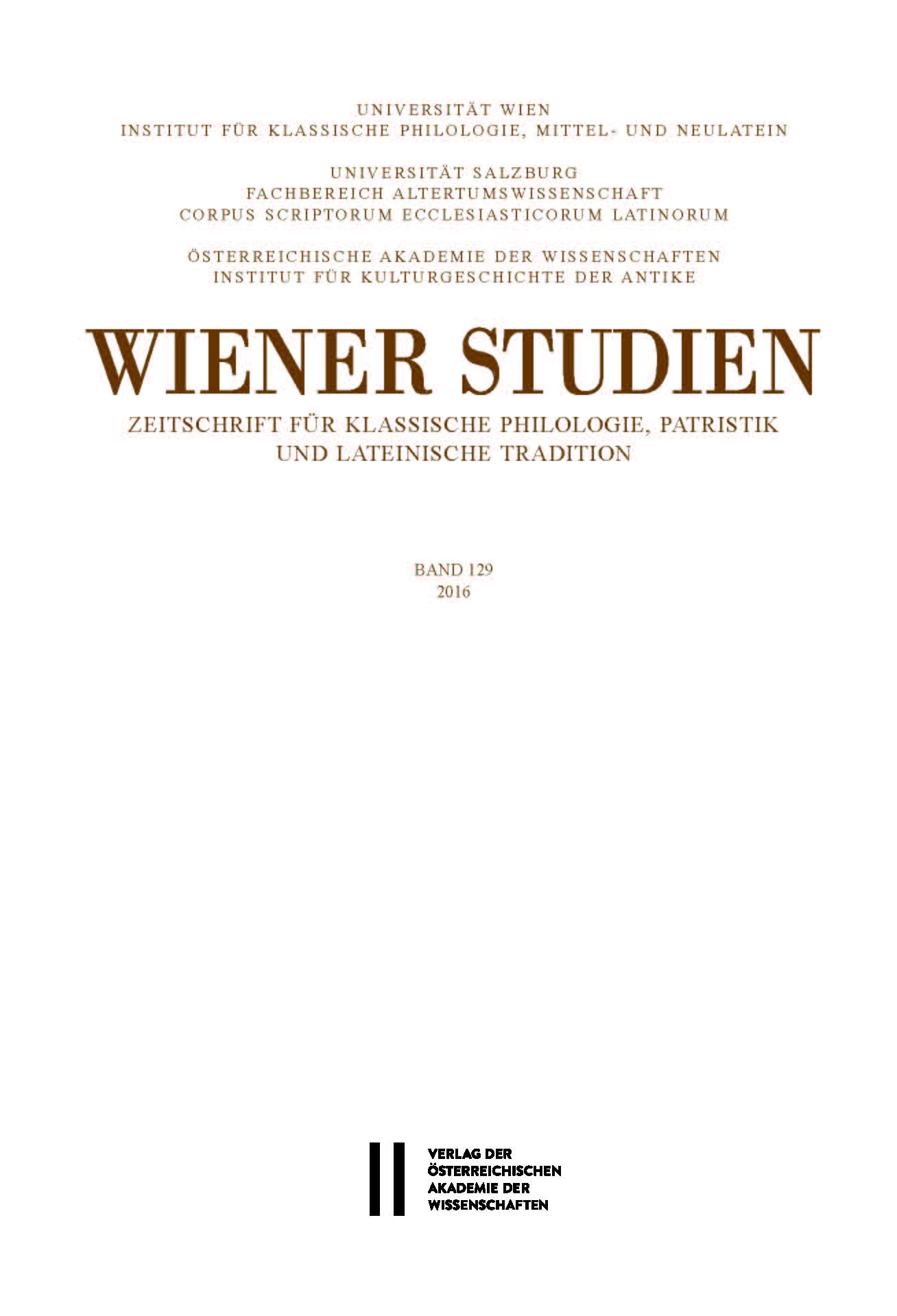
Wiener Studien 129/2016, pp. 7-24, 2016/08/05
Zeitschrift für Klassische Philologie, Patristik und lateinische Tradition

Literary criticism is considered to have originated in archaic Greek rhapsodic tradition advanced mainly by two persons, Xenophanes of Colophon and Theagenes of Rhegium. The popular theory, greatly supported by the authority of Rudolf Pfeiffer, runs as follows: Xenophanes once ceased to recite Homer and began to criticize his views; his attacks induced another reciter, Theagenes, to invent methods of protecting the poet. Thus the art of interpreting literary texts came into being. Various aspects of this scheme were criticized but the attempt to fully deconstruct it by reconsidering all the evidence was never made. Through a detailed analysis of testimonies this essay examines the possible origins of ‘rhapsodic philology’ and suggests a more realistic model.